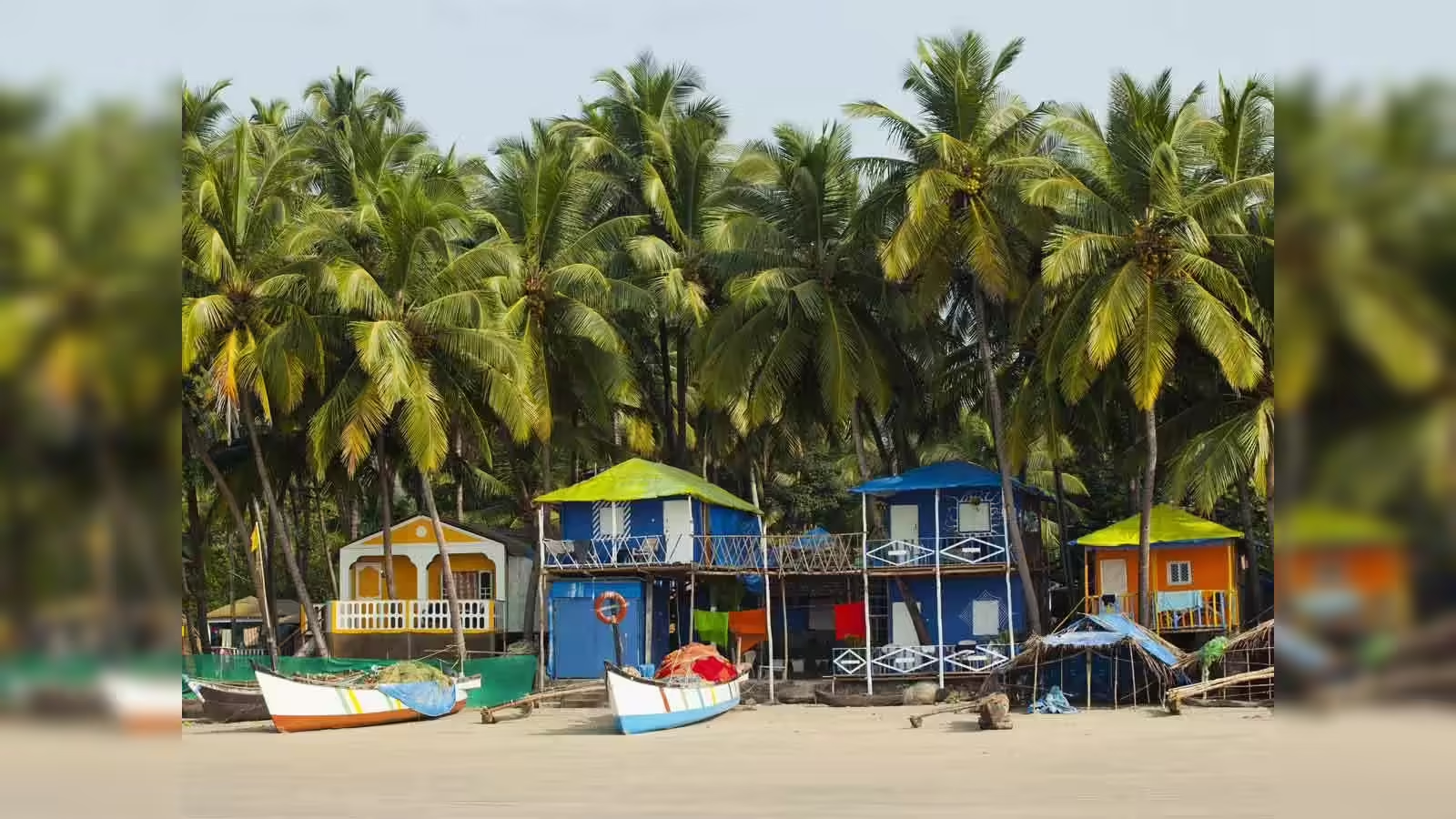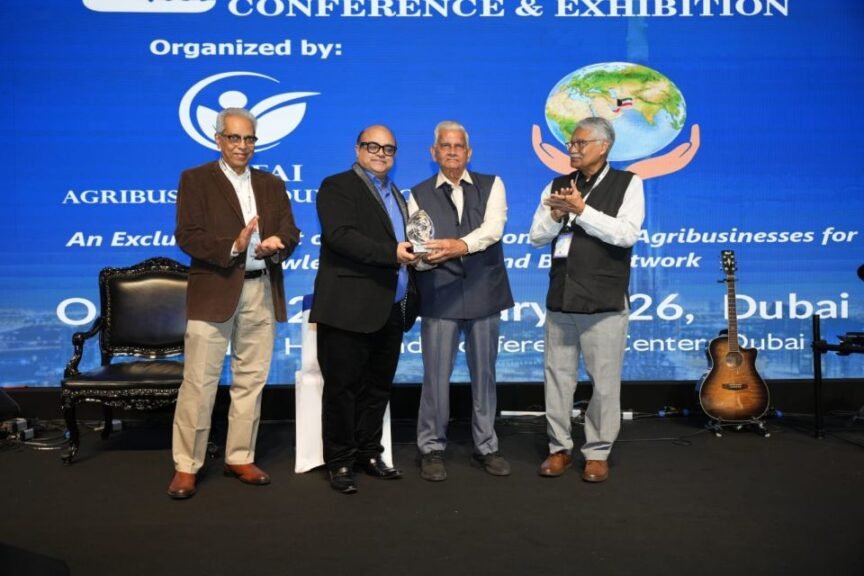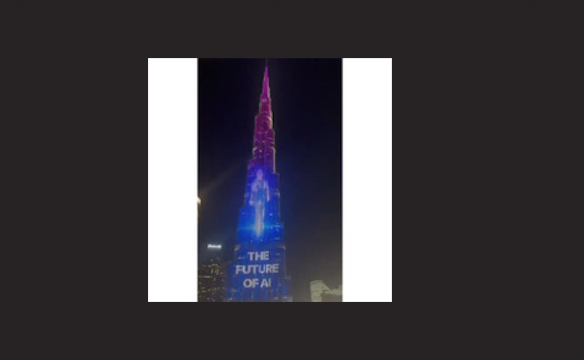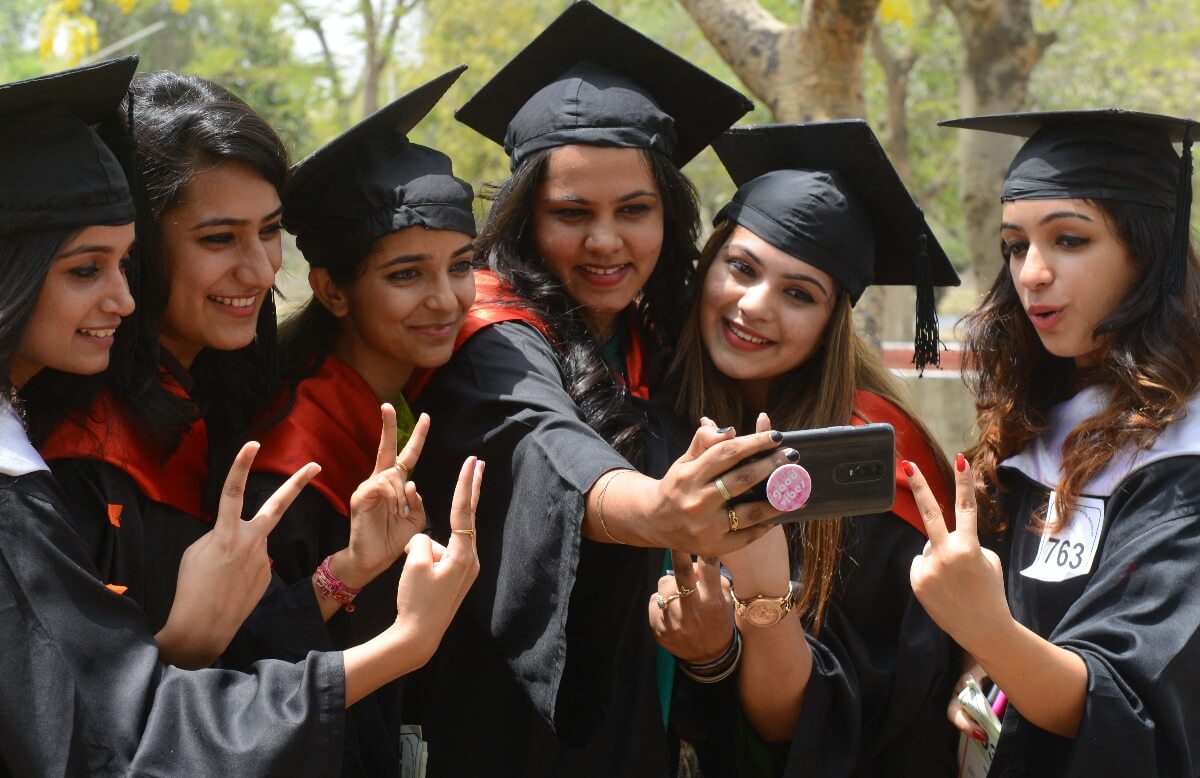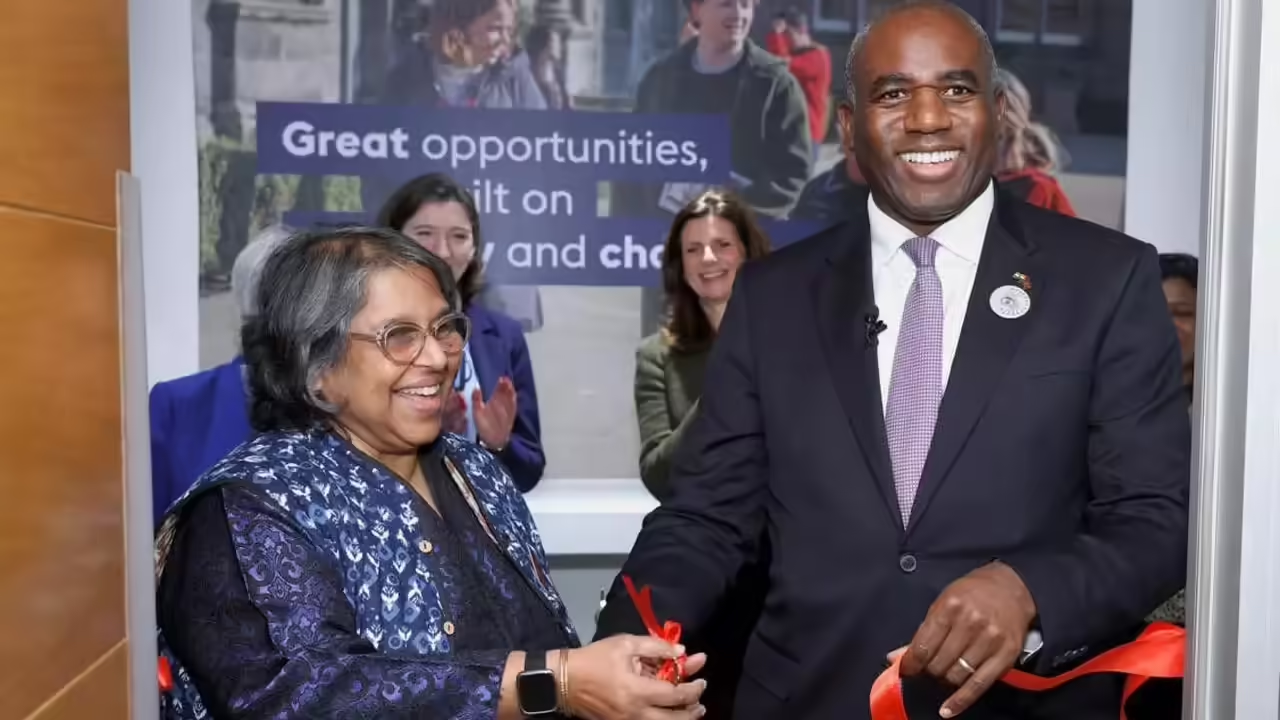People are now considering exploring the world differently and discovering new ways to support communities in favourite destinations, identified for future trips
When COVID-19 cases globally continued to rise and travel as such had been restricted, people were considering exploring the world differently and discovering new ways to support communities in favourite destinations, identified for future trips.
Before the Covid-19 pandemic, tourism emerged as a boon to rural communities seeking to supplement their incomes. But now, with little tourism to rely on as the coronavirus rages on, two rural communities in Indonesia are finding other ways to cope.
Dicky Senda had debuted the M’nahat Fe’u Heritage Trail. Run as a monthly day trip in Taiftob, South Central Timor by local collective Lakoat.Kujawas, the guided tour introduces guests to Mollo ecosystems, cuisine and narratives. But the Covid-19 pandemic became its undoing. While Lakoat.Kujawas cooperative members are primarily farmers who could continue with agriculture; they lost valuable supplementary income.
Sales for their products such as coffee, condiments and jagung bose (puffed maize for porridge) also declined. Without these sales, the farmers are vulnerable to middlemen who set prices so unfairly low that farmers often leave produce unsold.
“Economically we are impacted,” admits Dicky, co-founder of Lakoat.Kujawas, citing logistical problems such as closures of the postal services and sporadic operations of shuttles leaving Taiftob for the provincial capital Kupang. With the help of friends, Dicky reinvented the heritage trail.
Enter Pasar M’nahat Fe’u (“new food market”), one of Lakoat.Kujawas’ digital initiatives. Via its social media channels, anyone in South Central Timor can now pre-order lunch boxes containing healthy, traditional Timorese dishes normally served on the heritage trail, prepared and delivered by collective members. Lakoat.Kujawas also debuted a digital version of the M’nahat Fe’u Heritage Trail as part of the Virtual Heritage series on the travel platform Traval.co. The free pilot was sponsored by the Indonesian Ministry of Tourism; currently it is still available for free, but participants are encouraged to “pay-as-you-wish”.
Featuring singer and activist Rara Sekar as a special guest, the virtual tour, in Bahasa Indonesia only, recreates much of the M’nahat Fe’u experience in a part-live two-hour Zoom Meeting format. Lakoat.Kujawas has also introduced new seasonal elements, such as a tour inside an ume kbubu traditional house, a demonstration of how jagung bose is made, and a showcase of new preserved products such as sayur asin (pickled mustard greens), guava wine, ginger beer, and roselle jam.
In collaboration with the Department of Tourism and Universitas Flores, Nando invests in capacity-building for homestay owners, guides, farmers, and other professionals to prepare Decotourism when travellers return
Husband-and-wife team Willybrodus Oematan (guide) and Marlinda Nau (head cook) also presented segments of the virtual tour.
Meanwhile, in Flores, RMC Detusoko is planning for a post-pandemic comeback of Decotourism, with co-founder Nando Watu confident that tourism will recover.
RMC Detusoko is a farmers’ collective that creates opportunities for young farmers through ecotourism ventures like homestays and artisan food production.
“Tourism revenues are in trouble, but then tourism is a supplementary income rather than a main income for us,” says Nando, who has started serving as Head of Village Government in Detusoko Barat Village.
“We are focusing on things we can do now: developing village products, creating jobs related to infrastructure, and distributing help for those who need it.”
In collaboration with the Department of Tourism and Universitas Flores, Nando invests in capacity-building for homestay owners, guides, farmers, and other professionals to prepare Decotourism when travellers return.
Nando occasionally handles a trickle of guests for Mount Kelimutu National Park. RMC has been marketing local produce to customers in Ende and Maumere via WhatsApp. The village administration also runs a Decotourism online shop where guests can book tours in Detusoko and Kelimutu, and buy coffee and condiments.
Both Decotourism and Lakoat.Kujuwas stand posted to receive guests, when borders open once more.
************************************************************************
Readers
These are extraordinary times. All of us have to rely on high-impact, trustworthy journalism. And this is especially true of the Indian Diaspora. Members of the Indian community overseas cannot be fed with inaccurate news.
Pravasi Samwad is a venture that has no shareholders. It is the result of an impassioned initiative of a handful of Indian journalists spread around the world. We have taken the small step forward with the pledge to provide news with accuracy, free from political and commercial influence. Our aim is to keep you, our readers, informed about developments at ‘home’ and across the world that affect you.
Please help us to keep our journalism independent and free.
In these difficult times, to run a news website requires finances. While every contribution, big or small, will makes a difference, we request our readers to put us in touch with advertisers worldwide. It will be a great help.
For more information: pravasisamwad00@gmail.com


